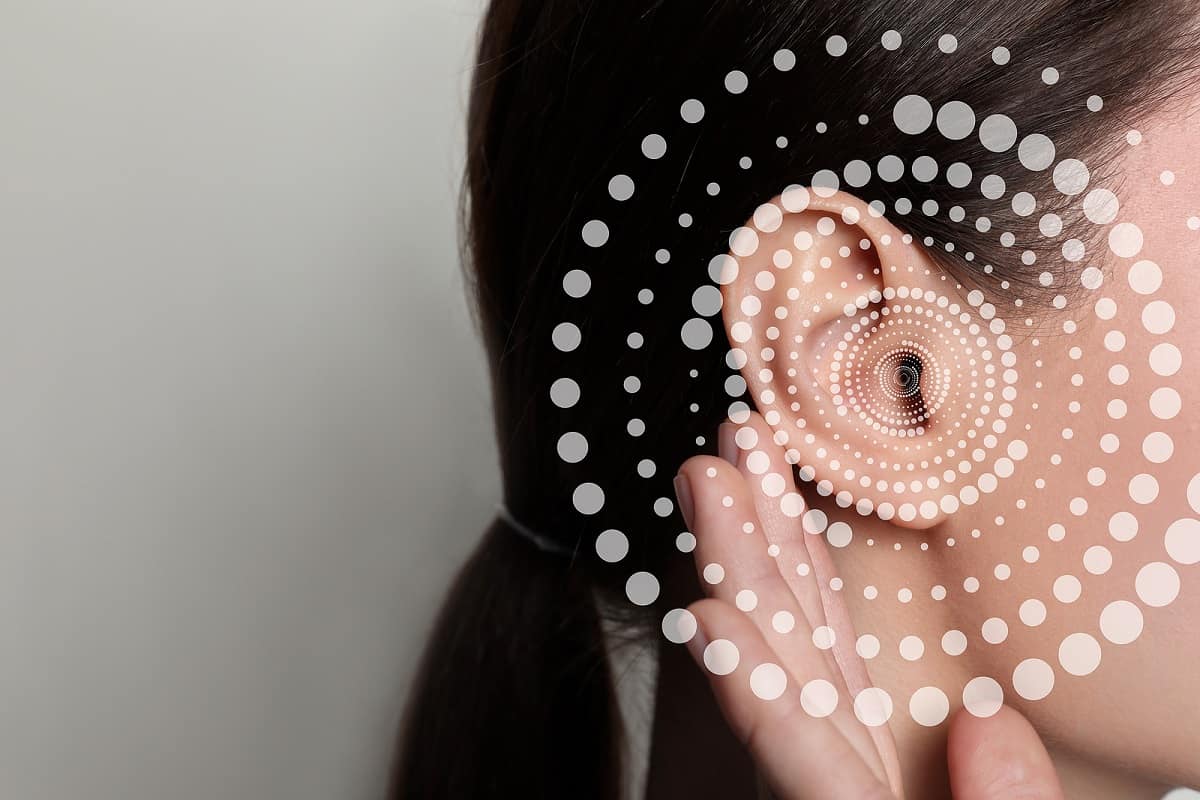
- Common Misconceptions That Delay Hearing Loss Diagnosis - June 6, 2025
- Signs Your Earwax Buildup Needs Professional Attention - May 29, 2025
- Preparing for a Hearing Test and What You Should Bring - May 16, 2025
Is there someone in your life with hearing loss? It could be a parent, a grandparent or even a contemporary. Hearing loss, commonly associated with old age, affects people of all ages, often due to the use of personal listening devices or exposure to loud recreational noise. The issue is that it’s all too common for the person affected to have no idea at all that they have hearing loss.
People often go nearly a decade before a hearing loss becomes severe enough to feel severe enough to address. However, this doesn’t mean it’s not already affecting them and you. If you suspect that your loved one is struggling with hearing loss, here are some tips to help you breach the subject and encourage them to get the help they need.
Know the Signs
Hearing loss can be hard to self-diagnose but if you live or work with someone with hearing loss, you most likely experience the effects of their hearing loss firsthand. Do they ask you to repeat yourself more often than not? Even worse, do they pretend to hear what you’ve said and slowly become confused and withdrawn from conversation. All too often when hearing loss goes unaddressed, it can put a significant strain on your relationship. You may mistake a hearing loss for them not paying attention to you or being distracted, when in truth they are lost and fatigued from undiagnosed hearing barriers.
Does your loved one complain that they can’t hear the TV when turned up to a “reasonable” level, or complain of ringing in their ears? These are common signs that they may have a hearing loss which needs to be addressed.
Do Your Research
It can be hard to breach the subject of hearing loss. Many people have stigmas around hearing loss connected to feelings of growing old or being disabled. For this reason, people may live in denial or not even be aware, due to the gradual nature in which hearing loss develops. For this reason, it’s important to be prepared when bringing up a possible hearing loss. Come prepared and make sure you have all the information ready ahead of time. This way when you bring up the subject, you can be ready with a plan of action and all the information to re enforce your point.
There is a wide array of resources available online, from the Hearing Loss Association of America (HLAA) to the American Speech Language Hearing Association (ASHA). Come with some options of places to visit to address their hearing loss.
Pick the Right Time and Place
When we live with hearing loss, certain environments can be harder to hear than others. For instance, when there are competing conversations or a great deal of background noise, it’s harder to decipher speech. Waiting to bring up a hearing loss in a busy restaurant or party can have the potential for resistance instead of action. Its likely they won’t be able to hear what you are saying, which will only cause agitation.
Don’t wait for the heat of a miscommunication to suggest treatment. Wait for a calm moment with limited interruptions and distractions to address the issue. Make sure there is not much background noise. Turn off the radio and wait to run the dishwasher till later. Make sure the room is well lit so your loved one can have a full view of your facial expressions. Many times, a person with hearing loss, diagnosed or not, comes to rely on visual cues such as lip reading, facial expression, and body language to supplement what they can’t hear.
Use “I” Statements
It’s all too common for your loved one to become defensive when bringing up a hearing loss. Try to minimize this response by talking about how their hearing loss is affecting you. Rather than feeling accused, use “I” statements. “I feel like you are ignoring me” I feel like we can’t connect like we used to. Hearing loss is devastating not only for those affected, but for you too—the loved ones who become interpreters or struggle with the quality of connection as hearing loss takes over everyday connection.
Discuss Next Steps and Offer Your Support
Be ready with a plan of action. Hearing aids are the most common treatment for hearing loss and can improve everyday connection. However, the first step is scheduling a hearing exam. Contact us today!
